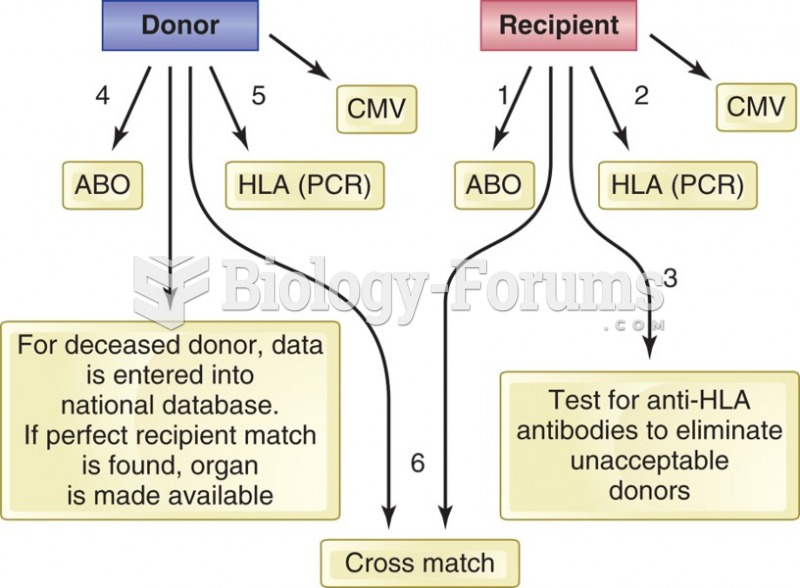Answer to Question 1
Writers often substitute one word for the complete name of a person, place, or thing. Such
substitutions are usually capitalized to give special distinction or emphasis. Some short forms
are capitalized if they are personal titles of high rank, organizational names, or governmental
bodies. The words company, department, association, and so on, are not usually
capitalized when they stand alone, even though they may substitute for the official name of a
specific organization. The word company may be capitalized when it carries special
emphasis, as in legal documents and minutes of meetings. The terms government and
federal government are not capitalized. Federal is capitalized, however, when it is part of
an official name, such as Federal Communications Commission. Always capitalize a title
written before a name. A title written after a name or without a name is capitalized when (1) it
is the title of a high-ranking national or international official or (2) it is part of an address. When
joined to titles, the prefix ex- and the suffix -elect are not capitalized. Also, former and
late are not capitalized. It is also important for writers to distinguish between a proper noun
that is part of the official name of a product and a common noun that names the general class
of the product.
Answer to Question 2
Parentheses may be used to enclose some of the words within a sentence, or they may be
used to enclose an entire sentence. No punctuation mark goes before the opening parenthesis
within a sentence. Whatever punctuation would normally be used at this point is placed after
the closing parenthesis. However, these rules do not affect any punctuation needed within the
parentheses. If an independent clause in parentheses within a sentence is a question or
exclamation, the question mark or exclamation mark is included within the parentheses. If the
independent clause is a declaration, however, no period is used within the parentheses. When
parentheses are included within a sentence, the first word in parentheses is not capitalized
(unless, of course, the first word is a proper noun) even if the words in parentheses are an
independent clause. When the words enclosed in parentheses are entirely independent (that
is, they are not part of another sentence), the first word in parentheses is capitalized and
normal end punctuation is used before the closing parenthesis.







